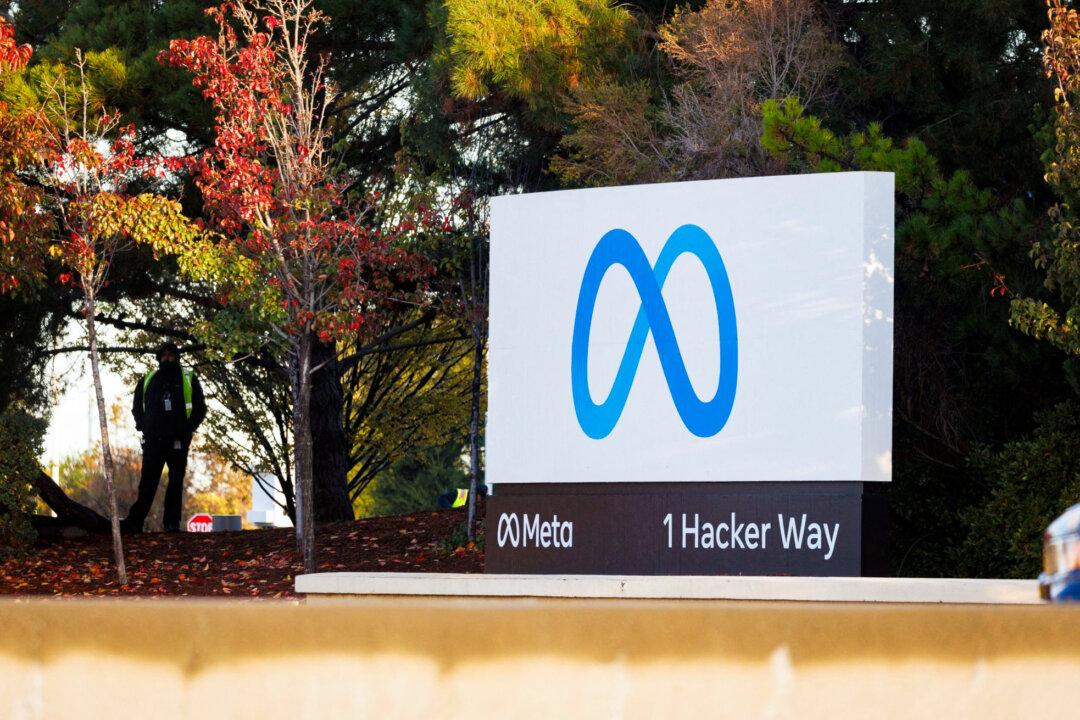Unredacted sections of a lawsuit against Meta allege the social media juggernaut prioritized company growth ahead of the safety of its younger users, while the company refutes these claims and says it has devoted a lot of time and resources to keep minors safe online.
Last December, New Mexico Attorney General Raúl Torrez filed a lawsuit against Meta Platforms, its subsidiaries and CEO Mark Zuckerberg over allegations the company’s social media platforms were unsafe for children.





